Like most lieutenant governors in Virginia, Wilder made clear his intention to run for governor come election season. Democrats expected a bruising contest between Wilder and Terry, but she chose to avoid a fight and sought a second term as attorney general. By early in 1989, Wilder was the party’s consensus candidate, while Republicans endured a bitter three-way primary that was won by former attorney general Marshall Coleman.
The political landscape in 1989 played to the Democrats’ strengths. The outgoing Baliles administration was popular. Some in the business community mistrusted Coleman for changing positions on various issues over the years and saw Wilder as a more reliable figure. Abortion unexpectedly became the top issue in the campaign. Coleman had appealed to social conservatives in the Republican primary by campaigning against the procedure. Shortly after Coleman’s victory in the primary, the U.S. Supreme Court issued a ruling that granted states more power to regulate abortion. Wilder seized on the decision and fashioned a campaign designed to appeal to suburban women who otherwise might vote Republican. Television ads framed the issue as a question of personal liberty and equated Wilder’s views with those of Thomas Jefferson. The Coleman campaign, out of money after the primary, was caught off guard and was slow to respond. The issue kept Coleman on the defensive through much of the autumn.
The role that race played in the campaign is still a matter of debate. Republicans complained that the media did not focus enough on what they considered Wilder’s liberal legislative record. Instead, much of the coverage emphasized the historic possibility of a former Confederate state electing a #black governor. Democrats countered that while Wilder undoubtedly was the focus of attention, publicity alone did not guarantee electoral success. Some final polls showed Wilder leading by as many as 10 percentage points, a margin that never materialized on election day—leading to speculation that some white voters simply lied to pollsters rather than admit they would not vote for a black candidate.
Wilder won, but his victory margin of 6,741 votes—50.2 percent to 49.8 percent—made it the closest governor’s race in Virginia in the twentieth century and prompted a recount. By contrast, Wilder’s two running mates won by much larger margins.
article found @http://www.encyclopediavirginia.org/Wilder_Lawrence_Douglas_1931-#start_entry

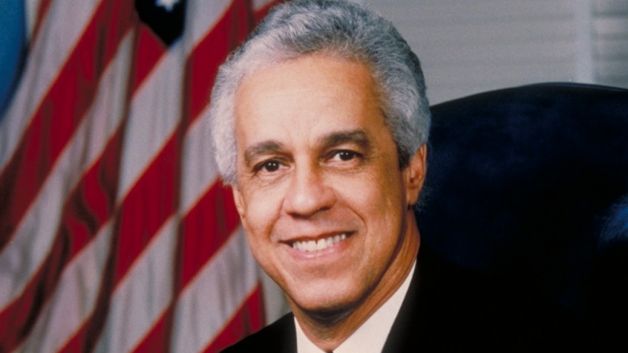




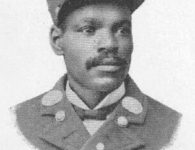
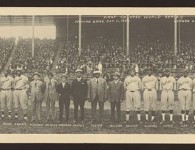
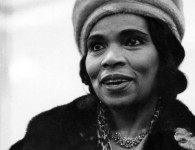
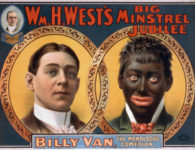
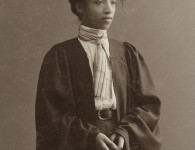
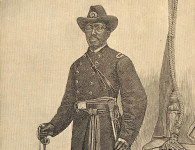
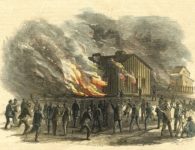
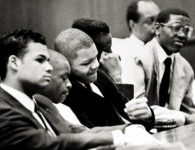

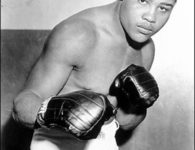
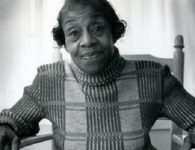
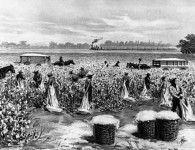
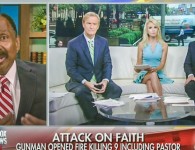
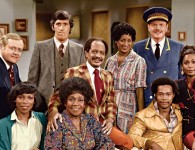

No comments